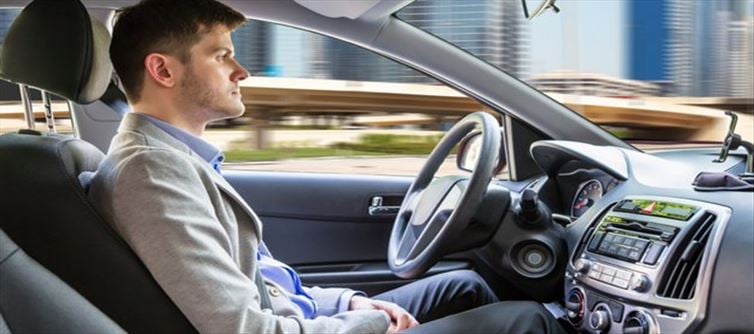
Elon Musk, CEO of Tesla, has previously stated that the self-driving technology his company is developing is superior to a human driving a car.
Autonomous or self-driving vehicles are becoming increasingly popular around the world, allowing drivers to sit back and relax while travelling. These vehicles can traverse all types of roads, road conditions, and terrain, but it is not as simple as technology enthusiasts believe.
Because who will bear responsibility if a self-driving vehicle is involved in an accident, or if another person is involved in an accident with such a vehicle?
What exactly are autonomous vehicles?
As the name implies, an autonomous or self-driving vehicle is one that requires no or very little human intervention to navigate public roads.
They also include a number of high-tech cameras, sensors, and radar that serve as the vehicle's eyes, ears, and brain, allowing it to navigate the roads autonomously.
Do driverless cars outperform humans?
Tesla CEO Elon Musk has previously stated that the self-driving technology his company is developing is superior to a human driving a car because it reduces the possibility of human error.
While driving, a person may be distracted, and fatigue or stress may impair their ability to drive. However, it is also true that people are better able to understand the constantly changing road and traffic factors, whereas autonomous vehicles are not aware of traffic rules.
Who was at flaw in the mishap?
With self-driving technology claiming that such vehicles are far safer than conventional vehicles, there is considerable debate about who will be held responsible in the event of an accident.
A car or technician cannot be imprisoned, but even if the person in the driver's seat at the time of the accident was not driving, he or she cannot be held liable.




 click and follow Indiaherald WhatsApp channel
click and follow Indiaherald WhatsApp channel